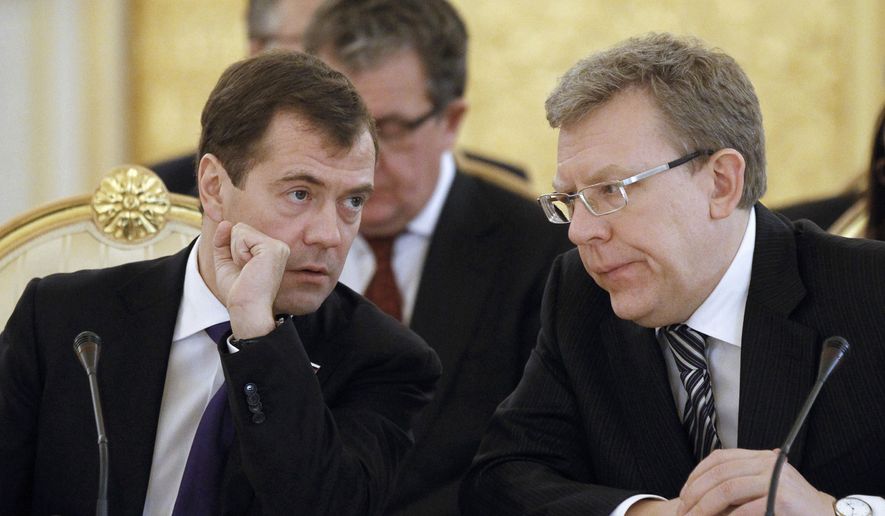The West has been trying to get Russia’s attention, and force a change in behavior, for over a year regarding Russia’s actions in Ukraine and its new militaristic, aggressiveness abroad. It seems Europe finally has found a pressure point — seizing Russian diplomatic assets.
Late last week, Belgium and France began seizing accounts of Russian state property in a bid to prevent these assets from fleeing the country while the arbitration in the Yukos case plays out to finality. Russia is a signatory to several agreements that provide this power to European courts. One of these, the Energy Charter Treaty, outlines its purpose this way: “The fundamental aim of the Energy Charter Treaty is to strengthen the rule of law on energy issues, by creating a level playing field of rules to be observed by all participating governments, thus minimising the risks associated with energy-related investments and trade.” The agreement was signed by European and Eurasian countries, including Russia, in the 1990s, when energy was seen as a vehicle to strengthen the rule of law in emerging, former Soviet economies.
Reportedly, Belgium seized accounts of Russian diplomatic posts, European Union offices and NATO headquarters representation. In France, several state-related accounts and multiple buildings were seized. The timing of the action unmistakably was tied to the Russian Economic Forum being held in St. Petersburg, a supposed pet project of Russian President Vladimir Putin. Attorneys for Yukos shareholders have filed similar actions in the United States, across Europe, and other countries.
It is a well-known, historical fact that economic issues frequently cause military conflicts. An embargo on raw materials, metals, and oil was one of the justifications for the Japanese attack on Pearl Harbor. Although many offer slavery as the main cause of the American Civil War, the truth is more complicated. The more industrialized North wanted tariffs to protect its industry while the South was against tariffs, which harmed its export driven economy. Desire to be free to develop as they wished economically was the main reason for the South’s secession. The point is, economics matters. Combining economics with diplomatic representation, as seems to be the case with the Russian asset seizures, just seems to be sheer madness.
I’m not a lawyer and not talking legalities here. I am sure the Belgian and French actions were permitted under international law. I’m just talking common sense. Russia summoned the Belgian ambassador in Moscow and stated its view that the asset seizures were a hostile act. My question is, how did the Belgians and French expect the Russians to react? With respect for the rule of law? That is simply not the way it works in Moscow. Did they not foresee that European companies would be seized in Russia? Diplomatic posts?
I’m all for drawing real red lines to protect NATO members and Western values, but intentionally giving the Kremlin an excuse to further ratchet up tensions and blame America and the West for all of their problems just seems to me to be, well, just plain stupid.
The Russian economy is not doing well. They are not making the types of reforms needed to bring the resource-dominated economy into the next century. In fact, the Russian government is going the other way, restricting the ability of businesses to form or expand and refusing to deal with systemic corruption. The economy will shrink on its own. Barring a significant rebound in the price of oil, the average Russian will see their standard of living decline over the next several years. This will produce organic pressure for the Kremlin. This is why Putin confidant and former finance minister, Alexei Kudrin, recently suggested Moscow hold early elections to give Mr. Putin a mandate to make the kind of liberal reforms needed to boost economic growth.
With NATO landing troops 100 miles from the Russian Baltic Fleet in Kaliningrad, Russian military aircraft buzzing civilian planes and penetrating air defense zones, and a hot war in Ukraine, needlessly provoking the Kremlin with these kind of stunts just seems to be not well thought out. The West needs to be much smarter than this.




Please read our comment policy before commenting.